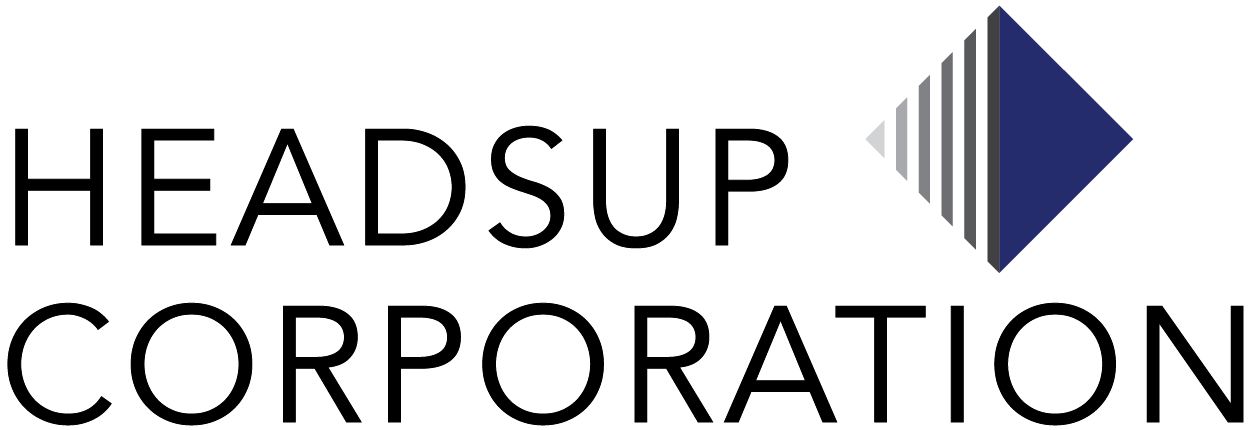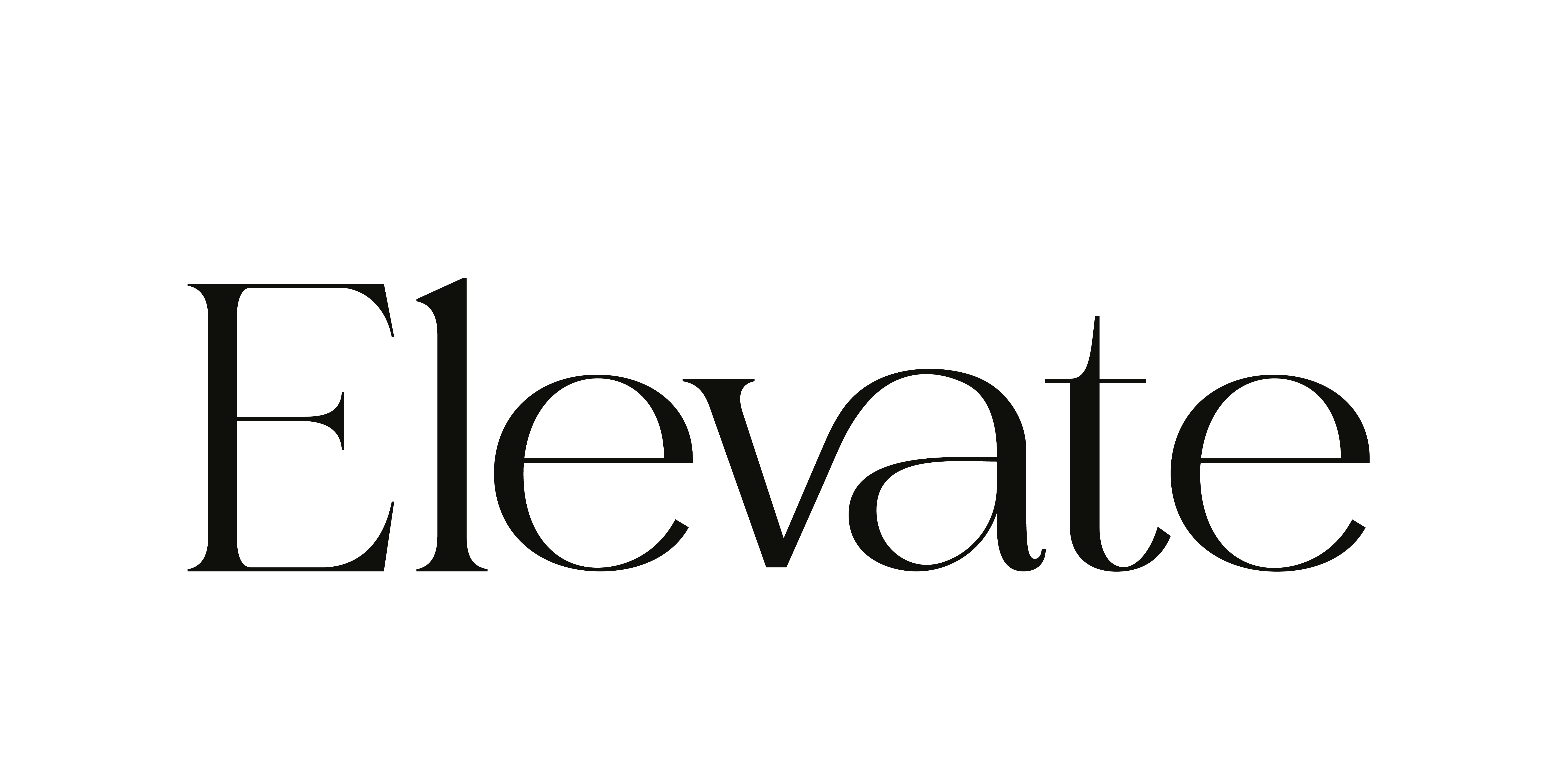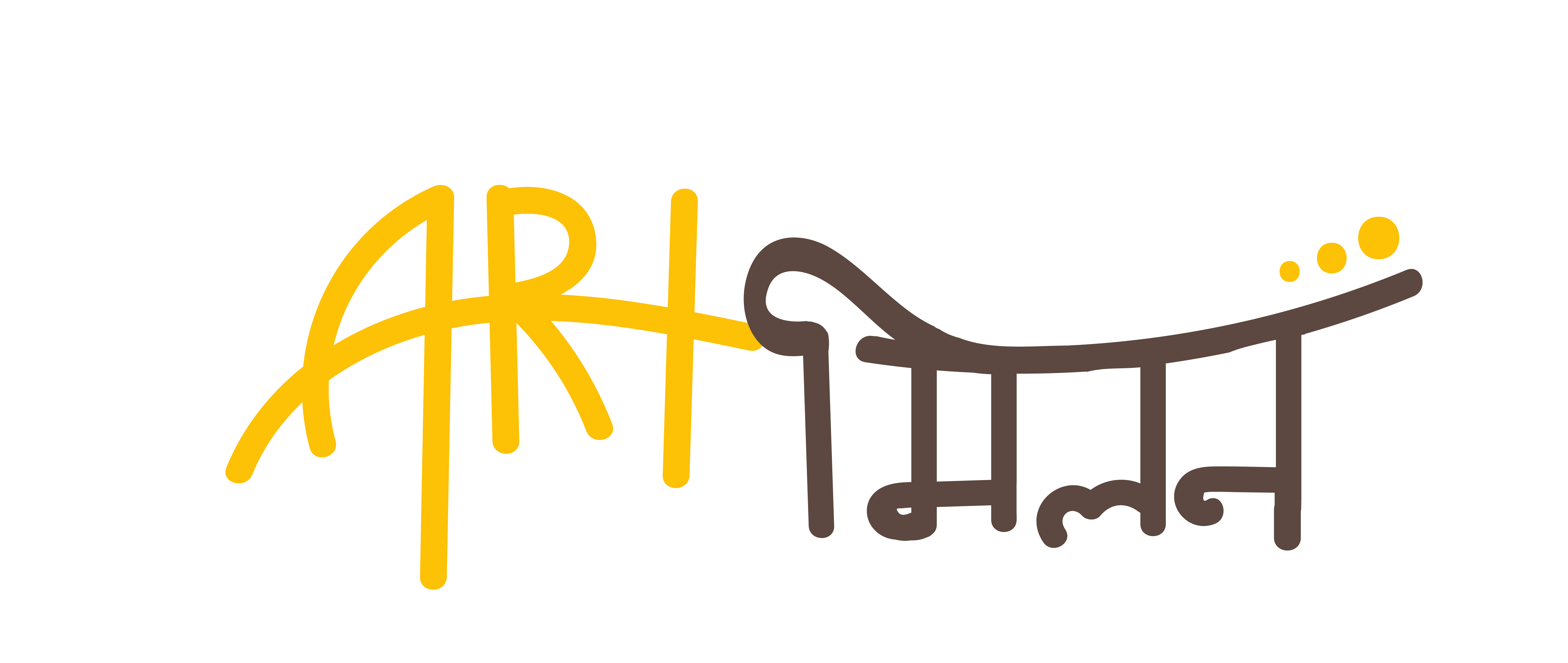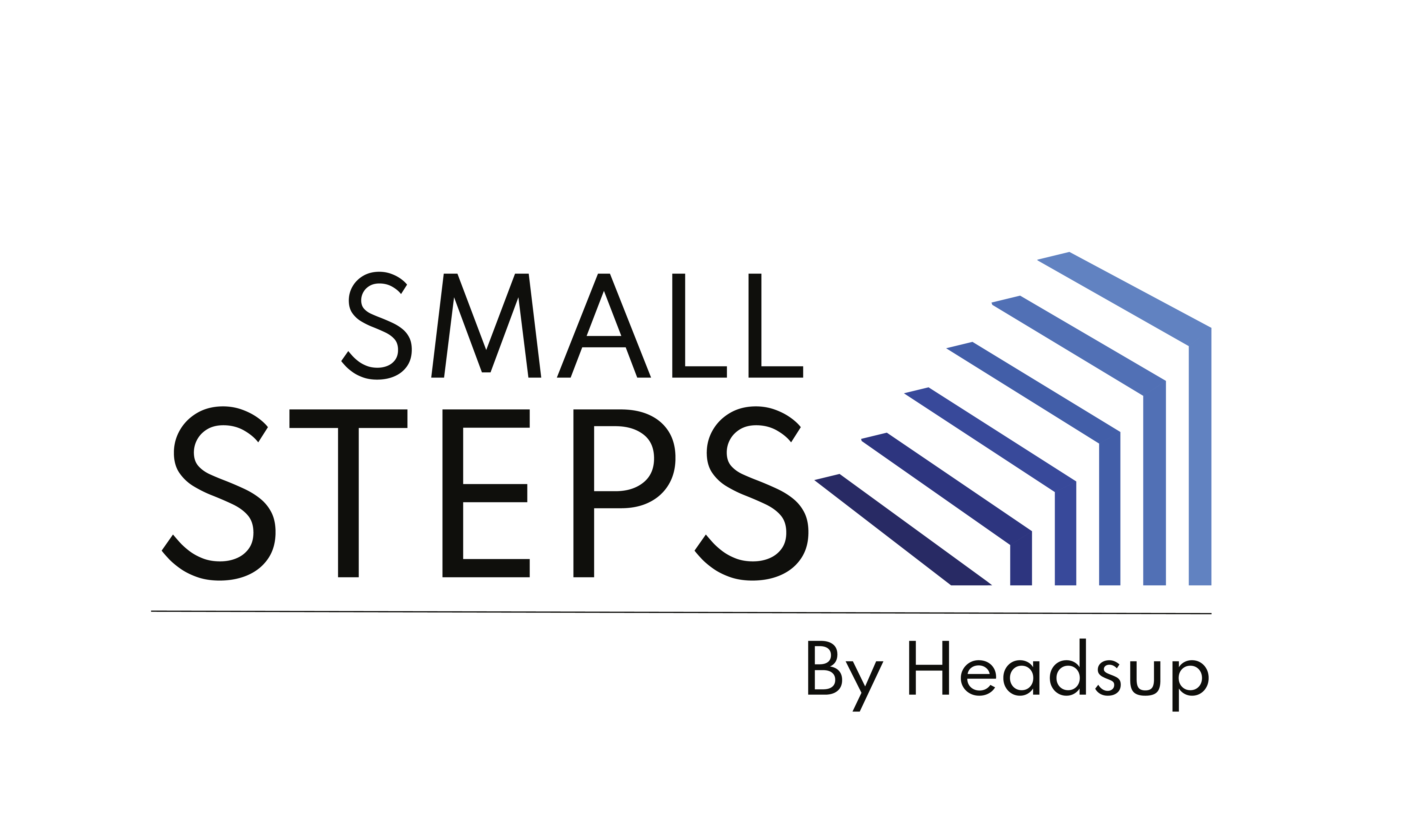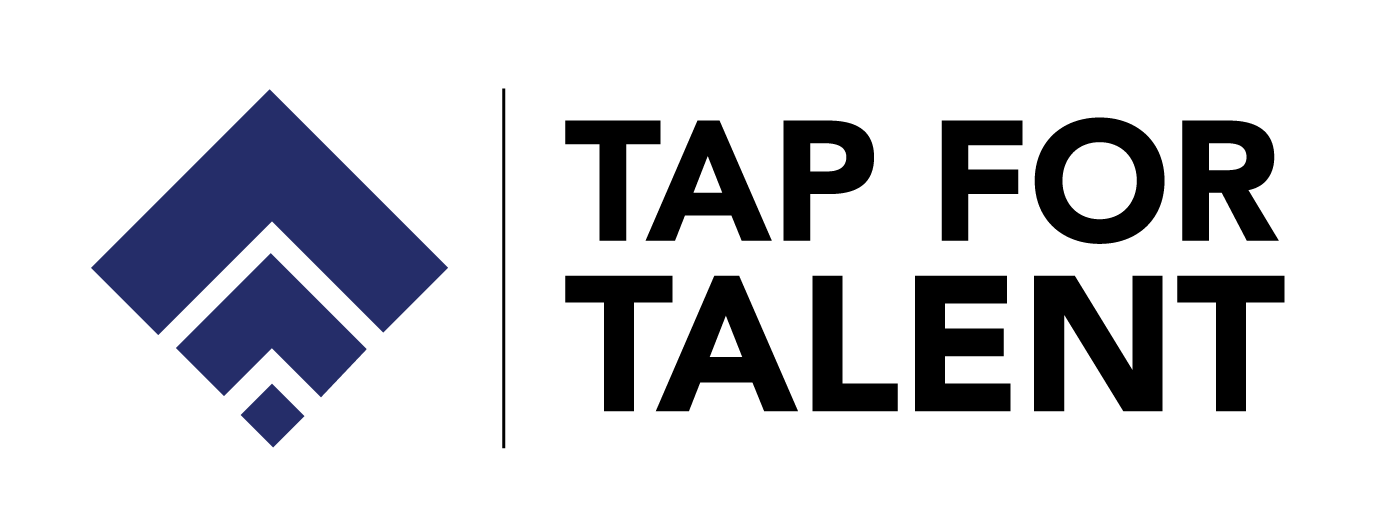The business environment is constantly changing. To keep up with the change, you may have transformed your business model, relooked at your customer services, and even re-branded yourself. But did you make the changes to the internal organizational systems? Did you address the diverse needs of your employees? Did you revisit your age old talent policies?
Any business transformation is incomplete and ineffective, if the HR and Internal systems are not adjusted for that change. Most plans fail at execution level because the system’s current capabilities, potential, and possible threats, and opportunities were not looked into.
HR Audits, the oldest yet least leveraged tool, enables organizations to get to the core of their entire organizational system and learn about the current challenges and strengths of the organizations. However, HR Audits, in its entirety is a more comprehensive mechanism, which can be broken down to cover more specific areas of concern for businesses.
Here are 5 most popular and relevant types of HR Audits:
1.Functional audit
Functional audits are not only about compliance. They involve analyzing how various HR systems across the employee lifecycle function. It includes getting familiar with the approach, ascertaining the current capabilities, gauging the effectiveness, and identifying improvement areas.

2.Culture Audit
It has been well-established that a successful organization is a reflection of a strong culture. No matter what the business context, no matters how diverse the organization gets, the values of the organization, its foundational culture leads it towards great heights. But how does one know if their organization’s culture is effective or not? A culture audit, hence, enables the firm to study and examine the cultural characteristics (such as its assumptions, norms, philosophy, and values) to determine whether they hinder or support its vision and mission.

3.Strategic Audit
These audits are done when taking key business decisions, like implementing an organization wide change, restructuring, or in the cases of mergers and acquisitions. Before introducing any change, it is critical to understand the AsIs state of the organization and strategic audit helps with that. It involves identifying, accumulating and analyzing critical information to find out the risk factors. It gives insights about the current state, includes risks assessment, highlights the gaps in the need of alignment of the policies and procedures.

4. Compliance HR Audit
The most widely used form of HR Audit, it involves a systematic comparison of HR practices against company policies and/or legislation. It helps in identifying gaps and highlighting discrepancies between what is required as per rules and regulations vs what is the current situation in the company.

5. Policy Audit
A systematic review of current policies and SOPs to ensure the presence and awareness of all critical policies. It gives an overview of the process followed for policy making and key stakeholders involved. The audits helps firm understand more about the content and scope of existing policies, how they were framed, how far are they being implemented and how can they be improved.

No matter what type of HR Audit, our team of experts can help you execute them and get a better understanding of your current systems. Enhance your awareness about your own organizational systems, before it is too late.
